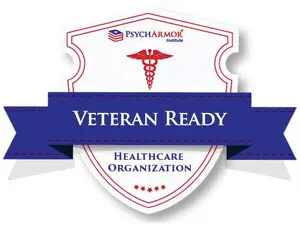Could Exercise Help Prevent and Treat Teen Substance Abuse?
Is exercise the anecdote for teen addiction? That’s the question researchers from Case Western Reserve University School of Medicine and Cleveland Clinic set out to answer in a recent study published in Birth Defects Research.
They found that exercise (especially assisted exercise) might play a role in the prevention and adjunctive treatment of alcohol, marijuana, cocaine, opioid and heroin abuse. Examples of assisted exercise in the study included pedaling on a tandem bicycle and a specially designed indoor cycle that provides mechanical assistance to pedal faster.
Teens have underdeveloped connections or imbalances between cognitive and emotional decision-making that can lead to risk-taking behaviors, explained researchers. “We think that substance use, which may cause adverse structural and functional brain changes, may exacerbate this imbalance, potentially leading to substance use disorders as well as other behavioral problems,” said Nora L. Nock, PhD, associate professor of population and quantitative health sciences at Case Western Reserve University’s School of Medicine, in a statement.
“Exercise may help to reinforce these underdeveloped connections between reward and regulatory processes and offset reward-seeking from substance use in adolescents.”
It certainly can’t hurt to encourage your teen to exercise and many rehabs now include fitness programs along with other conventional addiction treatment methods.
“We believe,” they write in the article, that “exercise (and, potentially assisted exercise) should be included as an adjunctive component to existing substance use treatment programs and should be offered as a preventative measure to adolescents at high risk for substance abuse based on their family history, mental health, genetic and neurocognitive profiles and other risk factors.”
More research is needed, however, to determine what dose (frequency, intensity, duration, length), type (aerobic, resistance training) and format (assisted, standard) of exercise is most effective.
Finding Fitness at Seabrook
At Seabrook we help our clients make regular exercise part of their overall addiction recovery. Our fitness center’s equipment includes recumbent bikes, elliptical trainers, treadmills, free weights, and the Precor Universal Machine. To learn more, call today: (888) 223-0298.



